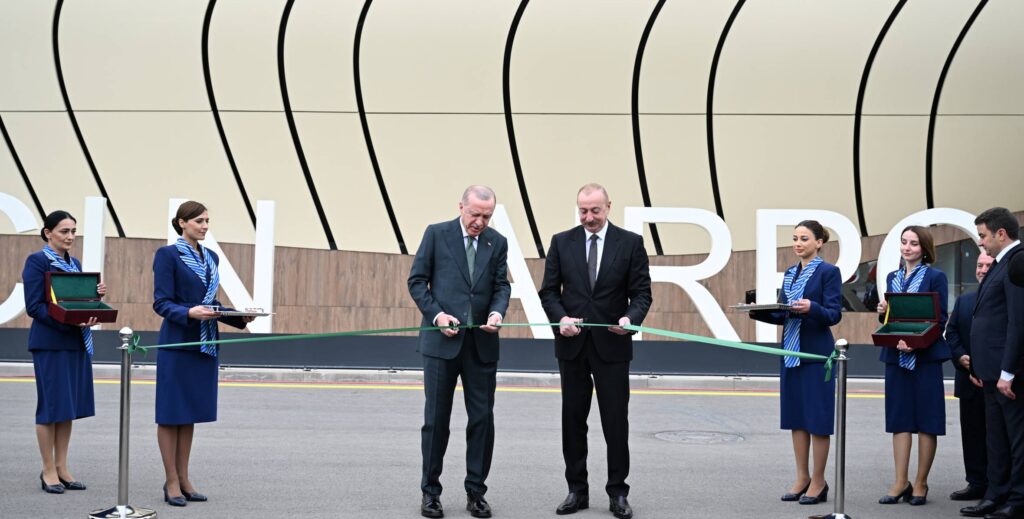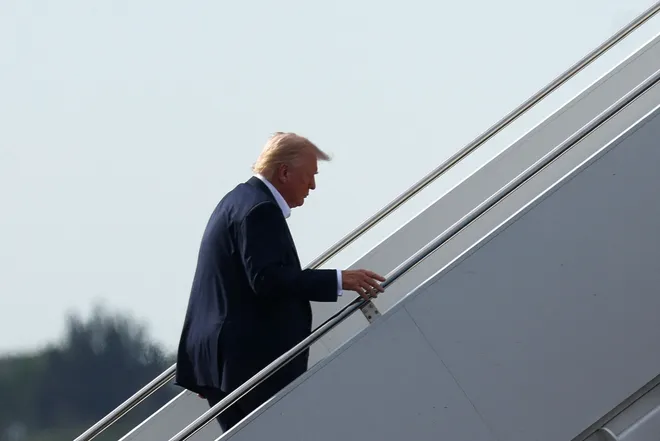A high-level trilateral summit between Azerbaijan, Turkey, and Pakistan was held in Lachin, marking what officials described as a new phase in their growing strategic partnership. The meeting, which brought together senior representatives from the three nations, emphasized deepening cooperation in defense, regional security, trade, and infrastructure development.
The summit was symbolically held in Lachin, a district in the Nagorno-Karabakh region that was returned to Azerbaijani control following the 2020 conflict with Armenia. Its selection underscored Azerbaijan’s assertion of sovereignty over the territory and the strengthening of geopolitical alliances in the South Caucasus.
Officials from all three countries hailed the meeting as a step toward enhanced trilateral coordination in the face of shifting global dynamics. Azerbaijani authorities described the summit as “historic,” while Turkish and Pakistani representatives reiterated their support for Azerbaijan’s territorial integrity and regional leadership.
The trilateral format, which has been developing over the past several years, focuses on shared political interests, energy projects, and defense collaboration. The summit addressed a broad agenda, including:
Joint military training exercises and future defense procurement initiatives
Investment in regional infrastructure, particularly transit and energy corridors
Support for reconstruction efforts in formerly contested territories
Counter-terrorism cooperation and joint border security strategies
In a joint statement following the summit, the three countries committed to “increasing institutional cooperation and enhancing political dialogue” in line with their shared values and mutual interests. They also reaffirmed their stance on upholding international law, non-interference, and support for sovereignty.
Turkey’s delegation emphasized the importance of integrating regional economies, particularly through new transport corridors like the Zangezur Corridor, which aims to connect mainland Azerbaijan to its exclave of Nakhchivan and onwards to Turkey. Ankara has promoted the project as a potential game-changer for trade and connectivity in the region.
Pakistan also expressed interest in enhancing its economic footprint in the South Caucasus, offering its expertise in textiles, pharmaceuticals, and agriculture. Pakistani officials praised Azerbaijan’s reconstruction initiatives in liberated territories and discussed future bilateral development partnerships.
Security concerns in the region were a key topic of discussion. The leaders exchanged views on recent developments in the wider Middle East and South Asia, including tensions in the Iran-Pakistan border region, instability in Afghanistan, and conflicts in the Eastern Mediterranean. All parties agreed on the importance of multilateral dialogue and diplomatic engagement.
The summit also signaled a united front on cultural and educational exchanges. Proposals were made for joint youth programs, university cooperation, and shared commemoration of cultural heritage sites damaged during the conflict in Nagorno-Karabakh. Officials discussed plans to establish a trilateral think tank to promote coordinated policymaking.
Observers say the summit reflects Azerbaijan’s strategic pivot toward deepening alliances with Muslim-majority countries that have historically supported its stance on the Nagorno-Karabakh conflict. Turkey has been a staunch military and political backer of Azerbaijan, while Pakistan remains one of the few countries that does not recognize Armenia.
While the summit was hailed domestically by all three governments, it also drew criticism from Yerevan. Armenian officials condemned the choice of Lachin as the summit venue, calling it a provocation and an attempt to legitimize territorial claims over disputed lands. The Armenian Foreign Ministry issued a statement denouncing the meeting as “hostile and destructive to peace efforts.”
Despite geopolitical tensions, the summit concluded on a confident note, with leaders expressing optimism about the path forward. Plans are underway to formalize a long-term cooperation framework among the three countries, covering military, economic, and humanitarian spheres.
With growing regional clout and shared objectives, the Azerbaijan-Turkey-Pakistan alliance appears poised to evolve into a formidable trilateral bloc influencing developments across South Asia, the Middle East, and the Caucasus. A follow-up summit is expected to be held in Islamabad in early 2026.
Source: JAMnews



